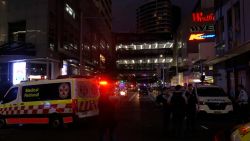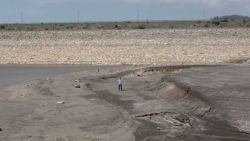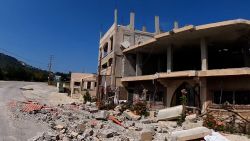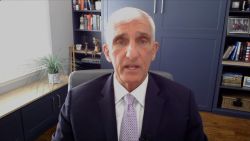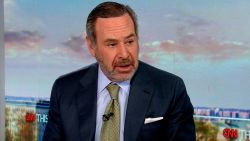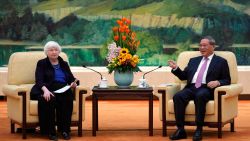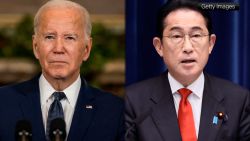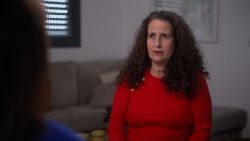“It’s not even been one year. I really miss him,” says Sahila Khan, her head bowed and sitting in a small room that belonged to her father, Rakbar, a Muslim farmer who was lynched by a group of Hindu men in India’s Rajasthan state.
Khan, 28, was killed in July last year and left behind seven children, including 14-year-old Sahila.
Khan and a friend had been walking two newly bought cows through the fields of Alwar in the country’s north, towards their home across the border in Haryana when they were attacked by a group of Hindu men, according to his family.
But it wasn’t an isolated case.
According to Human Rights Watch (HRW), Hindu vigilante groups have killed dozens of people in recent years, many of them Muslims, for allegedly slaughtering or transporting cows – an animal that is considered sacred by many Hindus.
The attacks have sparked concern about the spread of violent Hindu nationalism since Indian Prime Minister Narendra Modi and his right wing Bharatiya Janata Party (BJP) came to power in 2014.
Critics say the presence of a Hindu nationalist government in Delhi has encouraged vigilantism by their hardline supporters against cattle traders, especially Muslims, a minority in India. Even minority groups within the Hindu community, such as lower caste Hindus previously known as “untouchables,” have faced violence from hardline nationalists.
“There is fear. There was one incident and so we fear that there will be another,” said Suraj Pal, a farmer in Khan’s village, Kolgaon.
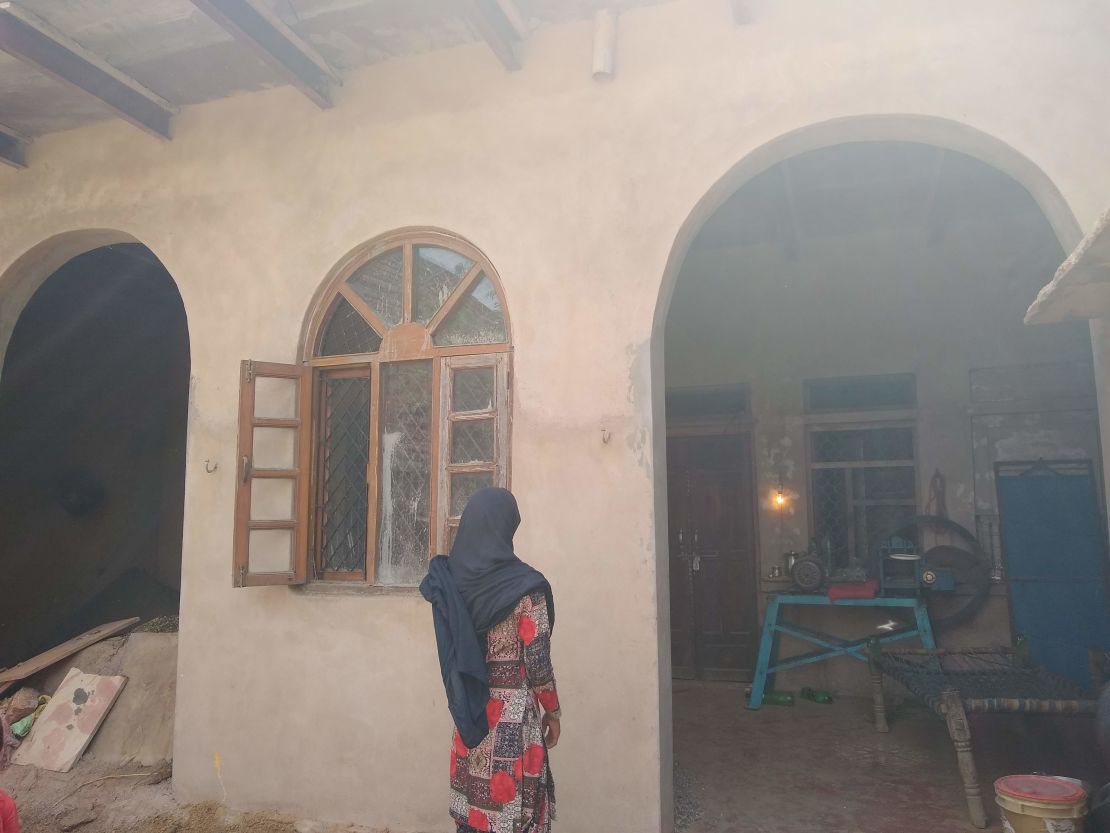
‘Mob lynching is a crime’
Figures compiled by HRW show that at least 44 people – 36 of them Muslims – were killed across 12 Indian states between May 2015 and December 2018.
“The attacks have been led by so-called cow protection groups, many claiming to be affiliated to militant Hindu groups that often have with ties to the BJP,” states a HRW report released in February.
In August, Modi condemned the vigilante attacks and has called on the states to prevent mob violence. “I want to make it clear that mob lynching is a crime, no matter the motive,” Modi said. No person can, under any circumstances, take the law into his own hand and commit violence.”
“I want to tell everyone that if you have a problem, then attack me. Stop attacking my Dalit brothers… The discrimination between humans is not acceptable to me,” added Modi at a different rally in August.
However, Modi’s words made no difference, for Khan, who was killed in the city of Alwar three weeks before Modi’s statement.
The cows Khan was walking home were supposed to add to his income. With barely any land to generate money, the milk sold from his cows would buy food for his seven children, according to his family.
In India, many farmers are unable to make ends meet working their land. The only alternative is dairy farming – an occupation that has become increasingly lethal in the last five years.
The HRW study found the cattle laws – which outlaw or restrict slaughtering cows – and mob violence had disproportionately affected Muslims and lower-caste Hindus.
It’s a finding that locals say rings true.
“These incidents – it is not about just one place or caste – it is an attempt to put a blot on humanity. It is the duty of the government to stop societal atrocities. Justice should be equal,” says Dayal Singh Yadav, a social worker in Rajasthan.
In a statement last year, Rajasthan Home Minister G.C. Kataria, responding to Khan’s murder said, “Whoever has broken the law and the punishment for breaking the law will be given by me and the police. It is my moral responsibility.”
Alwar has gained notoriety in the past three years after two Muslim farmers were lynched in the city while transporting cows. Locals say farmers in neighboring villages refuse to go to the city for any work fearing that they will be attacked too.
“We are not getting cows after this incident and business has dropped. But we don’t have the guts to go to the city and get them,” said Mohammed Arqan, a resident of Khan’s village.
Dismissing claims of fear among locals and their reluctance in visiting Alwar, Inderjeet Singh, head of the district administration said, “No such thing has come to my attention. No one has raised this kind of concern to me directly.”
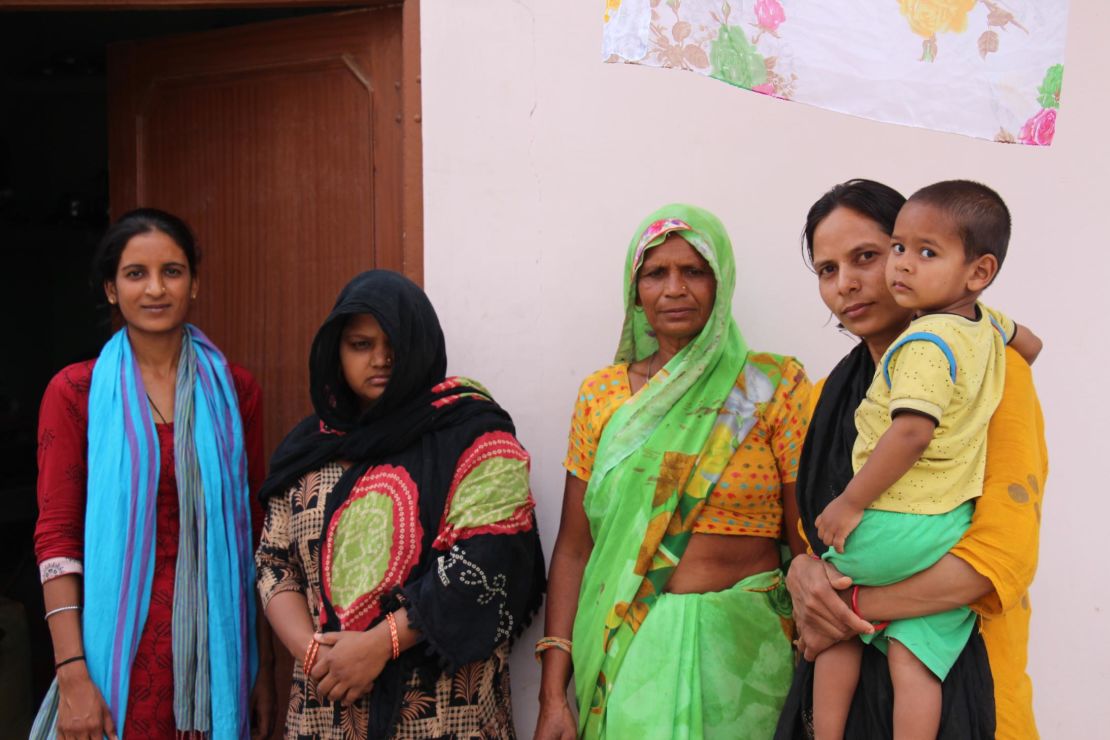
Losing support in the north
Modi was elected with a massive mandate in 2014, to reduce corruption, create jobs and build a robust manufacturing industry that has eluded India for decades.
Yet unemployment and poverty have rocketed in the last five years, according to researchers at the privately-run Aziz Premji university in the southern city of Bangalore. Last year, the BJP lost three state elections in the Hindu belt, including Rajasthan casting doubts on Modi’s support.
He also promised to be a champion of the lower Hindu castes, known in India as Dalits. Yet, alongside minority Muslims, they have also been complaining of discrimination, holding numerous protests in recent years.
In April last year, thousands of Dalits launched protests across the country against a Supreme Court ruling which they said limited a special law protecting them from discrimination.
It was this protest that turned fatal for 25-year-old Pawan Kumar. He was taking part in what started as a peaceful rally in his village of Khairthal in Rajasthan, 25 kilometers (15.5 miles) from Alwar. It’s unclear what happened but somehow Kumar was shot twice in the head and leg and died.
“If there had been no attempt to change the law, this would not have happened,” said Deep Mala, Kumar’s sister, as she pointed to Kumar’s 26-year-old widow. “These are young kids – why should this happen to them?”
The police arrested 121 people from Alwar and its neighboring villages for taking part in the protests that day on multiple charges like arson, rioting and looting, and the matter is making its way slowly through India’s court system, according to Ramjeevan Baudh, who is representing 37 of the accused.
Kumar and Khan may have been killed for different reasons, but both their families have a common view: They don’t trust the current government to address the issue of minorities, despite reassurances from government officials.
Kumar’s mother Savitri Devi says India needs a change of government to repair five years of damage and this time she voted for Congress.
“We lost our son – why will we vote for them (BJP)? We gave the vote in 2014 thinking they will do good work. They did nothing,” she said. It is a concern shared by many liberals and minorities.
Most major exit polls, conducted by local media, put Modi as on course for a second term when results are announced on Friday. In the past, Indian exit polls have proved unreliable in predicting precise seat tallies, both in national and state elections, given the size of the electorate and the regional variations across the country.
Khan’s daughter, Sahila is no longer going to school as she helps takes care of the family.
“I feel we should get some justice for my father,” she said.
A BJP spokesperson declined to comment citing the ongoing due process of the current elections. But Modi remains popular, with a message that resonates with many voters.
Journalist Faiz Akhtar Saleem contributed to this report.






